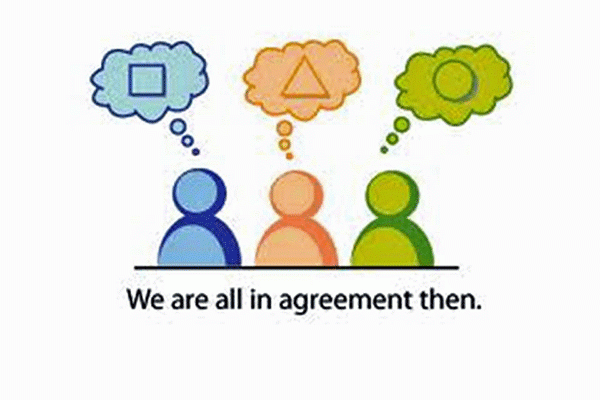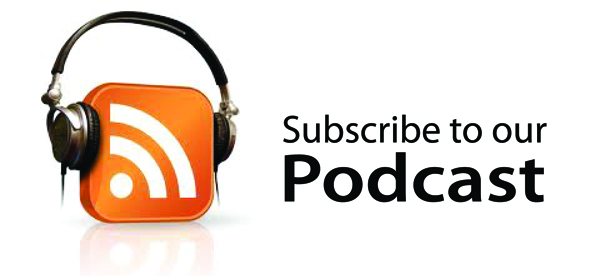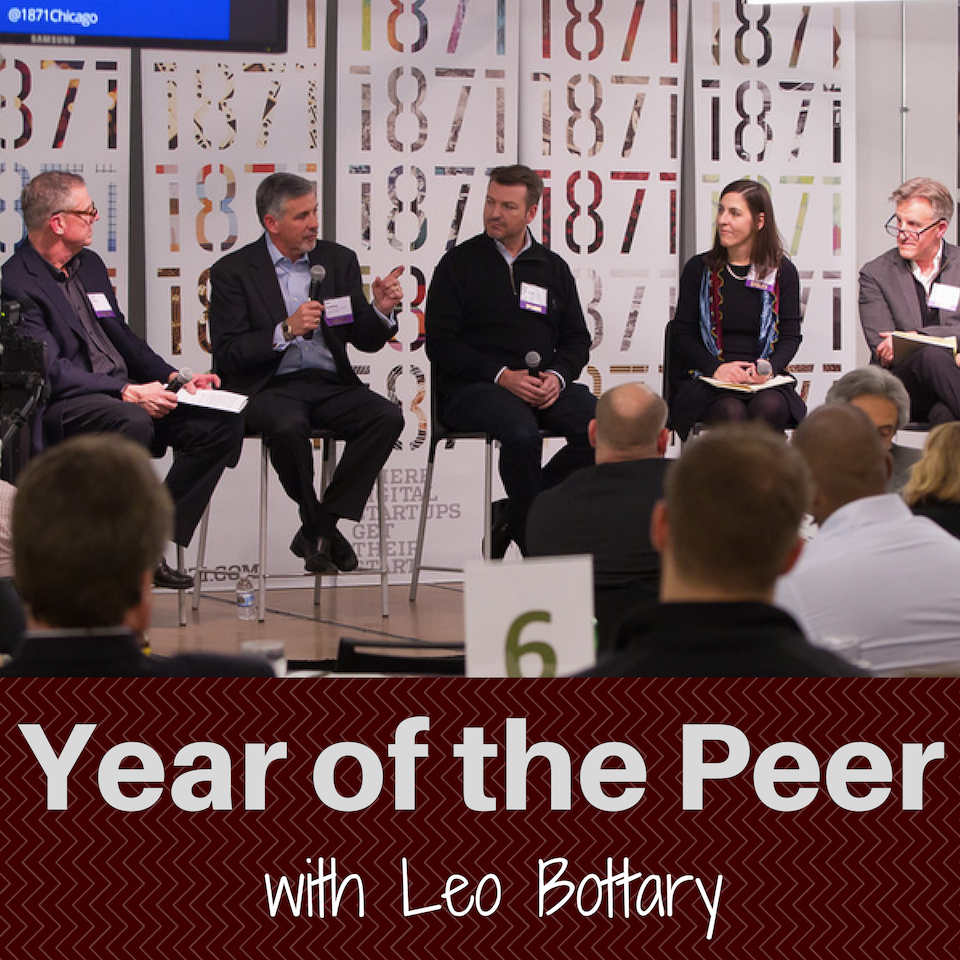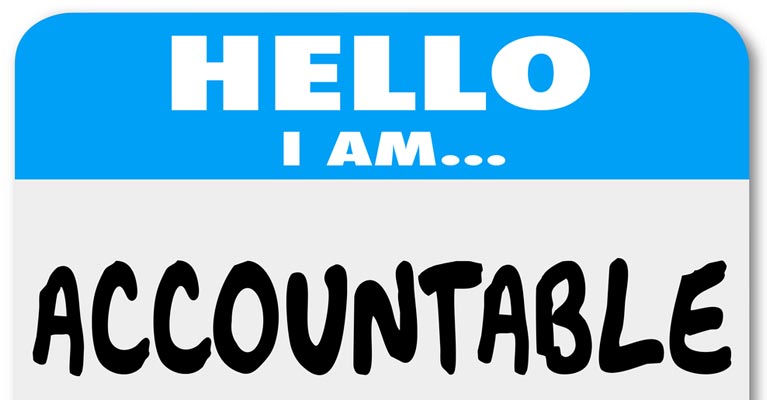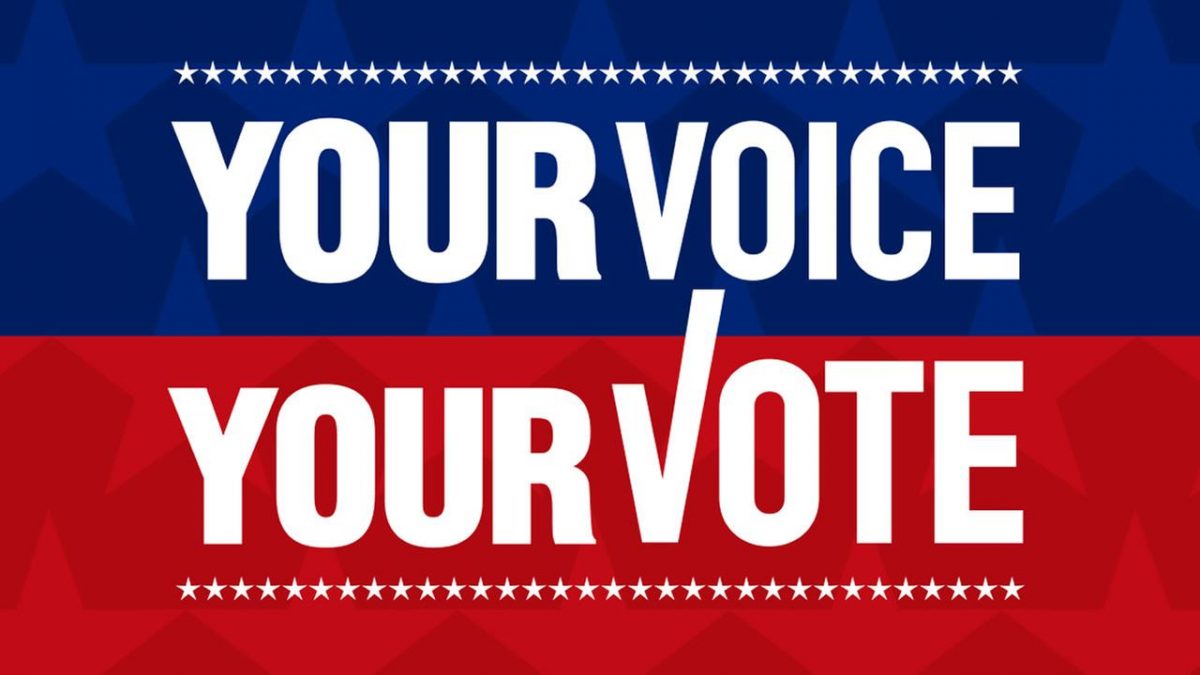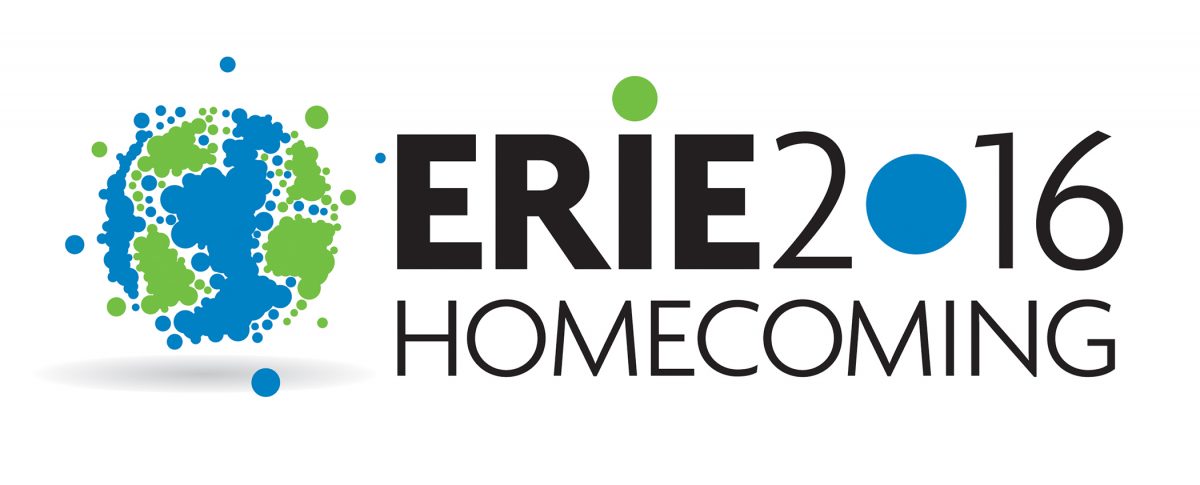If you asked someone to define the word peer, or to describe a peer, he/she might respond by saying, “Someone like me.” While that’s partly true, it doesn’t mean you can’t have peers who are very different from you as well. When you think of the word peer in this way, you can start to consider the implicit value of peer diversity.
The very notion of peer diversity may feel like a contradiction, but by broadening your definition of peer, it allows you to consider the value of engaging people from different backgrounds and various walks of life. When I interviewed iHeartMedia Chairman & CEO, Bob Pittman for The Power of Peers, he told me:
“I go to Burning Man every year. I go there because it’s the most radical departure from the life that I lead in business that I could imagine. It’s great for me because, for a week, I’m seeing the world completely differently. I like to travel to exotic places and countries. I like to go to Bhutan, where they have “Gross National Happiness” instead of gross national product, and spend a week there just to sort of sense, okay, how can I change my perspective? I think everyone in this company is looking to my leadership to be open-minded. They’re looking to me to find a new path, to help find the pivots, to help find the transformations. Anything that can guide me on that is the most important thing.”
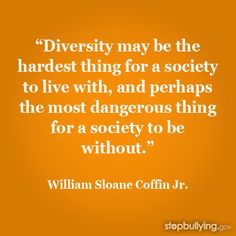
Peer diversity is not an oxymoron. As you prepare for the new year (the Year of the Peer, if you will), think about spending time with people outside your social circle or vertical industry sector. Step out of your comfort zone. Hang out with people whose experiences and backgrounds are different from your own and who likely know things you don’t. When they espouse an opinion that’s different from yours, rather jump to making a judgment about it (as many of us often do), ask questions in the hope you can discover where they are coming from and how they formed their opinion – even if you ultimately don’t agree with it. This is how we learn and how we keep that open mind Bob Pittman talked about.
Consider this quote from Seth Godin: “A fundamentalist considers whether a fact is acceptable to their faith before they explore it. A curious person explores first and then considers whether they want to accept the ramifications.”
As you prepare for the upcoming year, rather than make a lofty new year’s resolution, make yourself a promise instead: engage more people unlike yourself and stay curious.
Image: Burning Man, 2013





